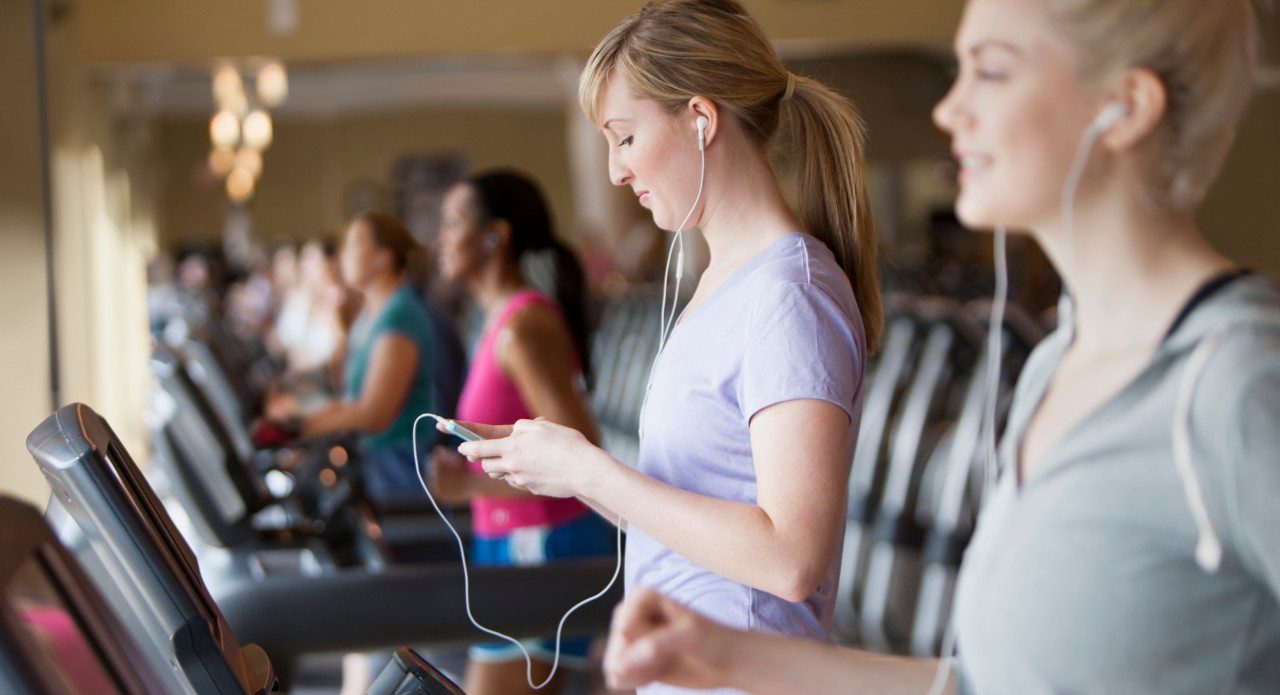Benefits of Working Out

The benefits of working out are so massive you really shouldn't avoid doing it. The trick is getting started and finding activities you enjoy. Learn more.
Why is exercise important?
The list of reasons is endless. Regular exercise will help you stay thinner, lowers your risk for everything from heart disease to depression, boosts mood and energy, and helps you sleep at night.
Would you like a strategy to stay sharp as you age? Exercise. Want to cultivate discipline to pursue neglected goals? Exercise.
Working out really does toughen you up. In one study, scientists gave volunteers standard tests of pain tolerance before and after a six-week exercise program. The volunteers cycled intensely for 30 minutes three times a week. They became more fit, and their capacity to handle pain dramatically rose.
Consider time spent on exercise as putting money in the bank, building a stash of health and confidence.
YOU MIGHT ALSO LIKE: Fire Up Your Workout With HIIT
Making time for exercise
To get the benefits of working out, the standard goal is at least 150 minutes per week of moderate-intensity exercise, or 75 minutes of vigorous activity. Mix in strength training at least twice a week.
Many people slip out of their routine when they hit a period of busy days. Or maybe you’re always rushing around. Fingers tapping a keyboard or phone screen don’t count. You need to move.
For the busy days, you could build more movement into your ordinary activities, such as taking stairs wherever you go. Even better is to push harder in a shorter workout. With interval training you push to your max in short bursts.
In a classic high-intensity routine, you’d exercise for 80 to 90 percent of your estimated maximal heart rate — but for only eight minute chunks at most. You could even stick to a few seconds.
In between, slow down to 40 percent. You’ll get more bang from 20 minutes of these intervals than 20 minutes at a steady pace.
A gentler program is to alternate between walking fast enough to push your heart rate up to 70 percent of your max, and 40 percent during rest periods. You’ll still get the benefits of working out. The walking program turned out to be popular: 70 percent of the volunteers were still engaged in the program nearly two years later.
Worrying about the percentages isn’t even necessary, says the guru of short workouts, Martin Gibala. The key is to push. If you’ve made yourself uncomfortable briefly at the peak, that’s success.
Intervals are safe at any age. A Mayo Clinic study gathered a group of healthy couch-potatoes older than 64, examining the results of 12 weeks of interval training. Their fitness and blood sugar regulation soared.
Develop discipline
An Australian study aimed to document the claim that exercise discipline spills over to the rest of your life. After two months of regular workouts, participants reported that in the next two months they had cut back on smoking, alcohol, and coffee, and were eating better and keeping up with chores.
Staying calm
A strenuous workout is a wise response to bad news. You want to fight back, but there may not be much you can do. Putting your body to work can quiet the monologue in your head. There’s even evidence that regular moderate-intensity exercise can quiet panic attacks.
Age better
The benefits of physical activity accumulate in your later years. Regular exercise has been linked to a lower chance of dementia. It also protects against the illnesses most common at the end of life: heart disease, stroke, cancer, arthritis, and falls.
Maintain your sex life
Regular physical activity may boost arousal for women. Men who exercise are less likely to have erectile dysfunction.
Notice your body
It may seem easier to skip sleep, ignore your waistline, or put up with chronic aches and pains — but, over time, you pay the price. Exercise makes you kinder to yourself.
“When you exercise, you develop an awareness of your muscles, joints, and sweat on your skin. The more we move, the more likely we are to notice when we’re hungry or tired or sick. We’re paying attention,” says Phil Hardesty, a physiologist who works with heart patients.
If you’re new to regular exercise, start slow, and consider finding buddies, a trainer, or joining a class. But don’t put things off. The benefits of physical activity will become apparent within weeks. You’ll be happier, healthier, and more confident when you make your body your friend.
Updated:
July 28, 2023
Reviewed By:
Janet O’Dell, RN